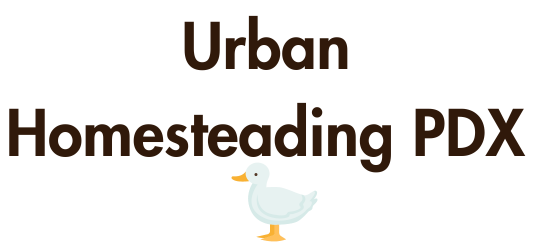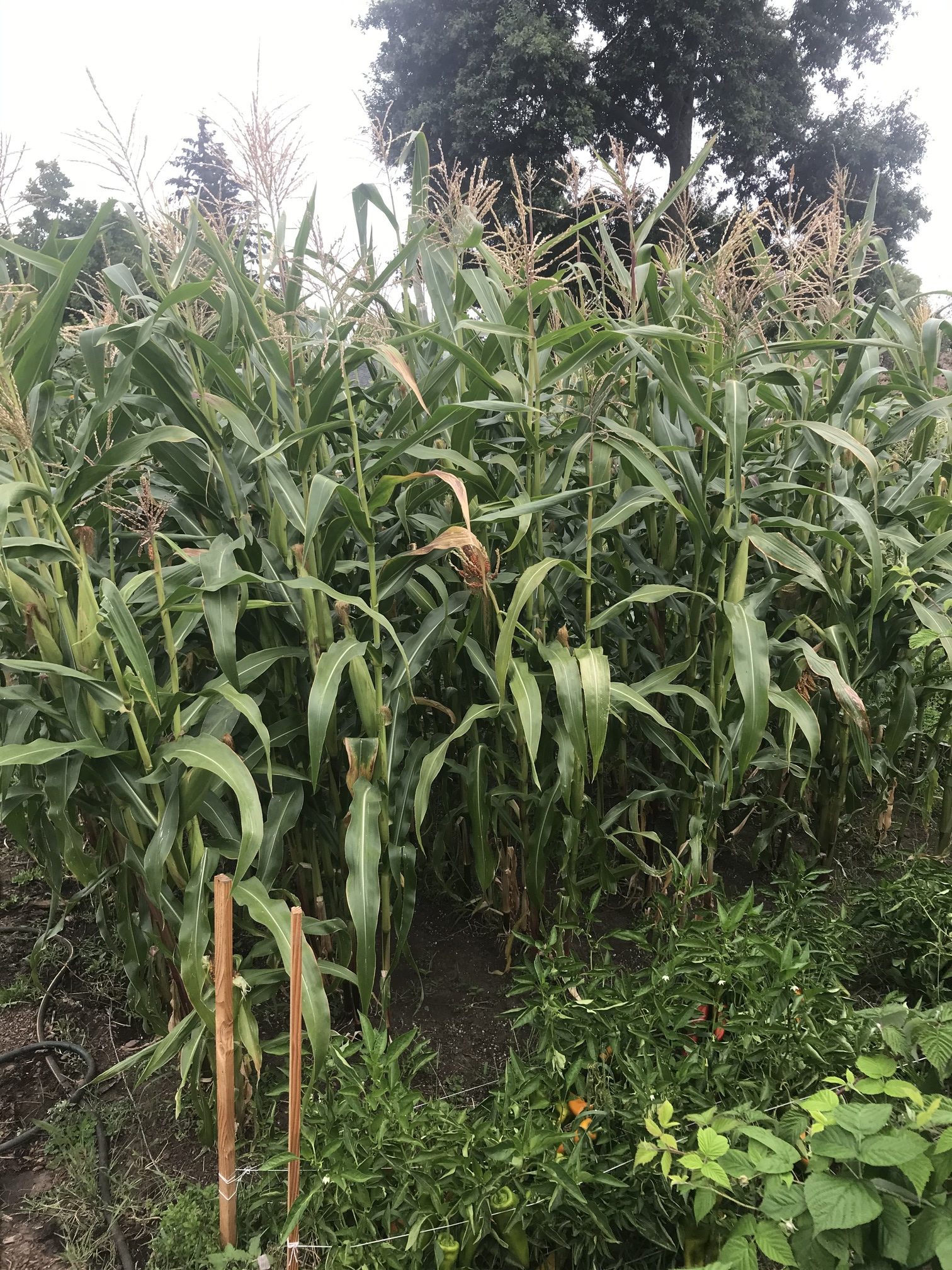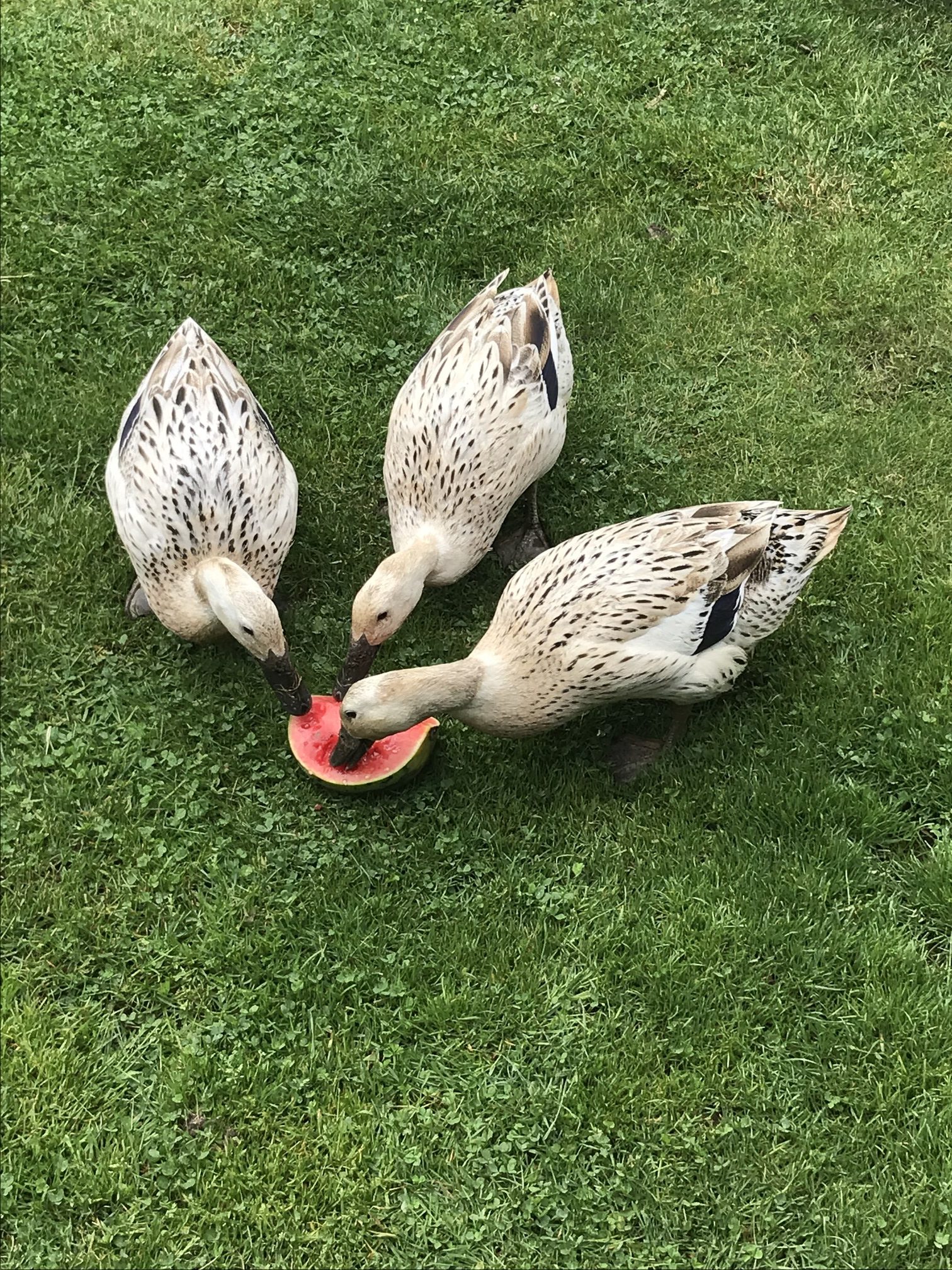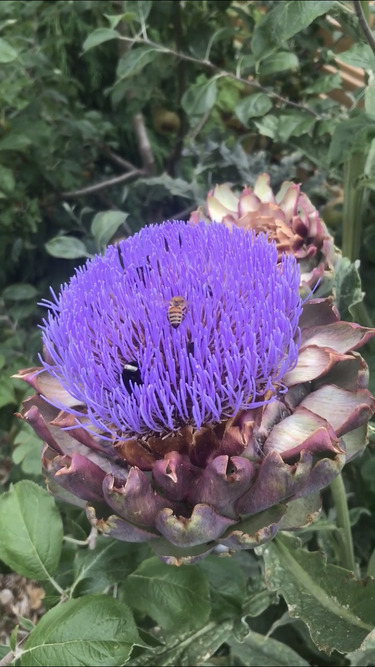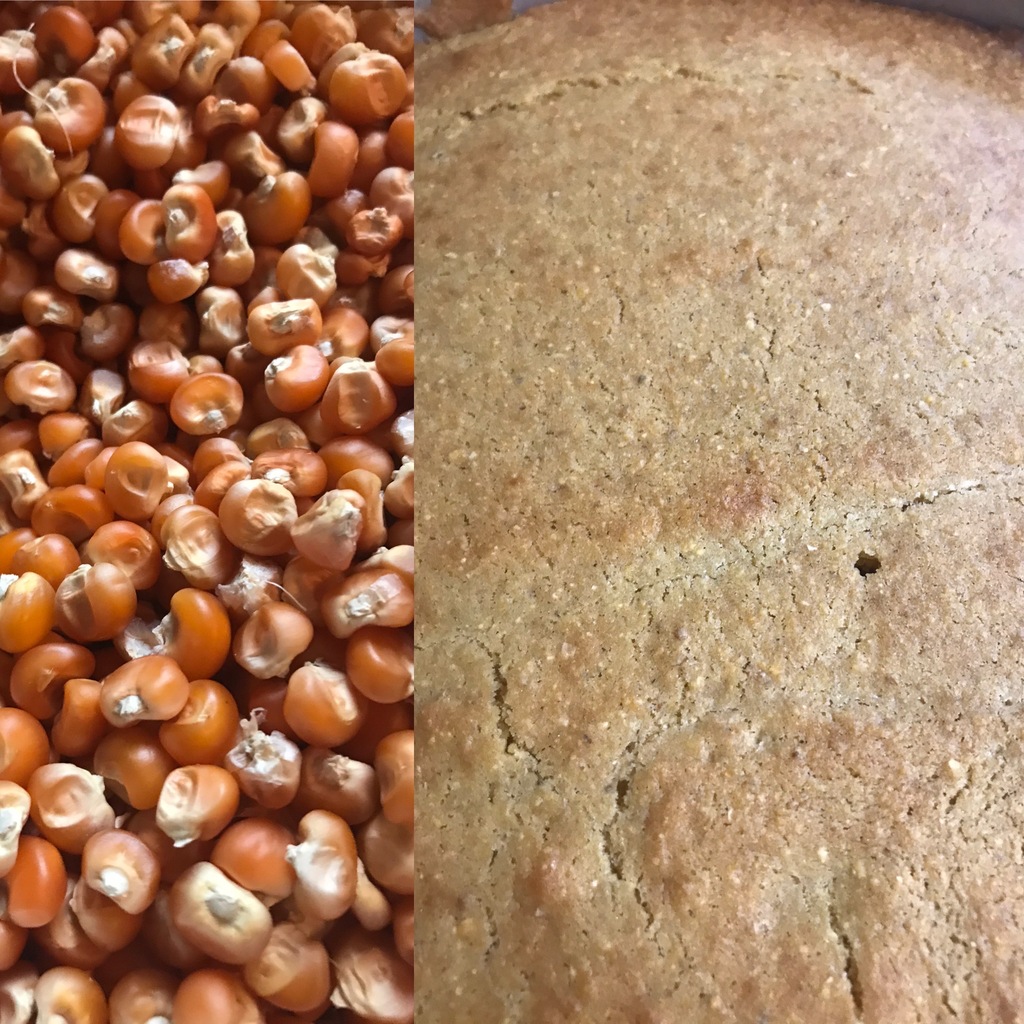Urban Homesteading PDX
A collection of stories from our urban homestead in Portland Oregon.
Our Stories
Follow along as we learn and explore urban homesteading in Portland, Oregon
Conventional Gardening or Organic
Conventional Gardening or Organic Do you want a conventional garden or an organic garden? The vast majority of urban homesteaders want to grow gardens with organic or beyond organic methods. As an example, many people may not understand the amount of spraying that is...
What is Urban Homesteading
What is Urban Homesteading Urban homesteading has multiple meanings. For our purposes, we are referring to the urban homestead in the self-sufficiency sense and not the affordable housing definition with the intent on getting people in cities housed. Overview While...
Gardening without Land Access
Gardening without Land Access Gardening without land is very doable. With this in mind, patios and balcony's are great places to garden. Specifically residing in a condo or apartments does not mean you can not have a viable garden space. Using containers for...
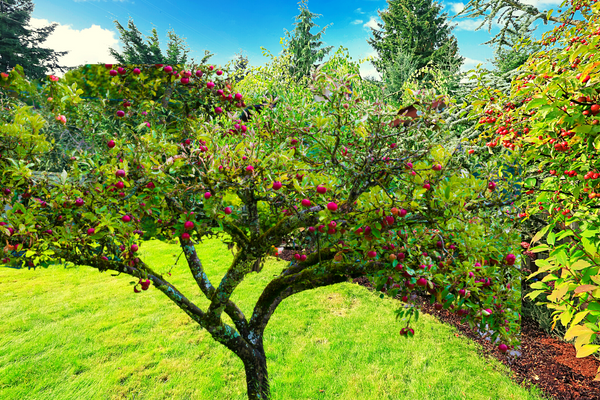
Planting Fruit Trees
Planting Fruit Trees for a Backyard Orchard Planting fruit trees for an urban homestead orchard is rewarding. A fruit tree takes several years to begin bearing fruit. However, once established it provides an abundance of delicious food year after year. As a result,...

Mulching
Mulching Options for Urban Homesteaders Mulching fruit trees, shrubs, and garden beds serve several purposes. First, it protects the bare soil from the sun drying it out quickly. This keeps the moisture in and maximizes all of your watering efforts. Second, mulch...
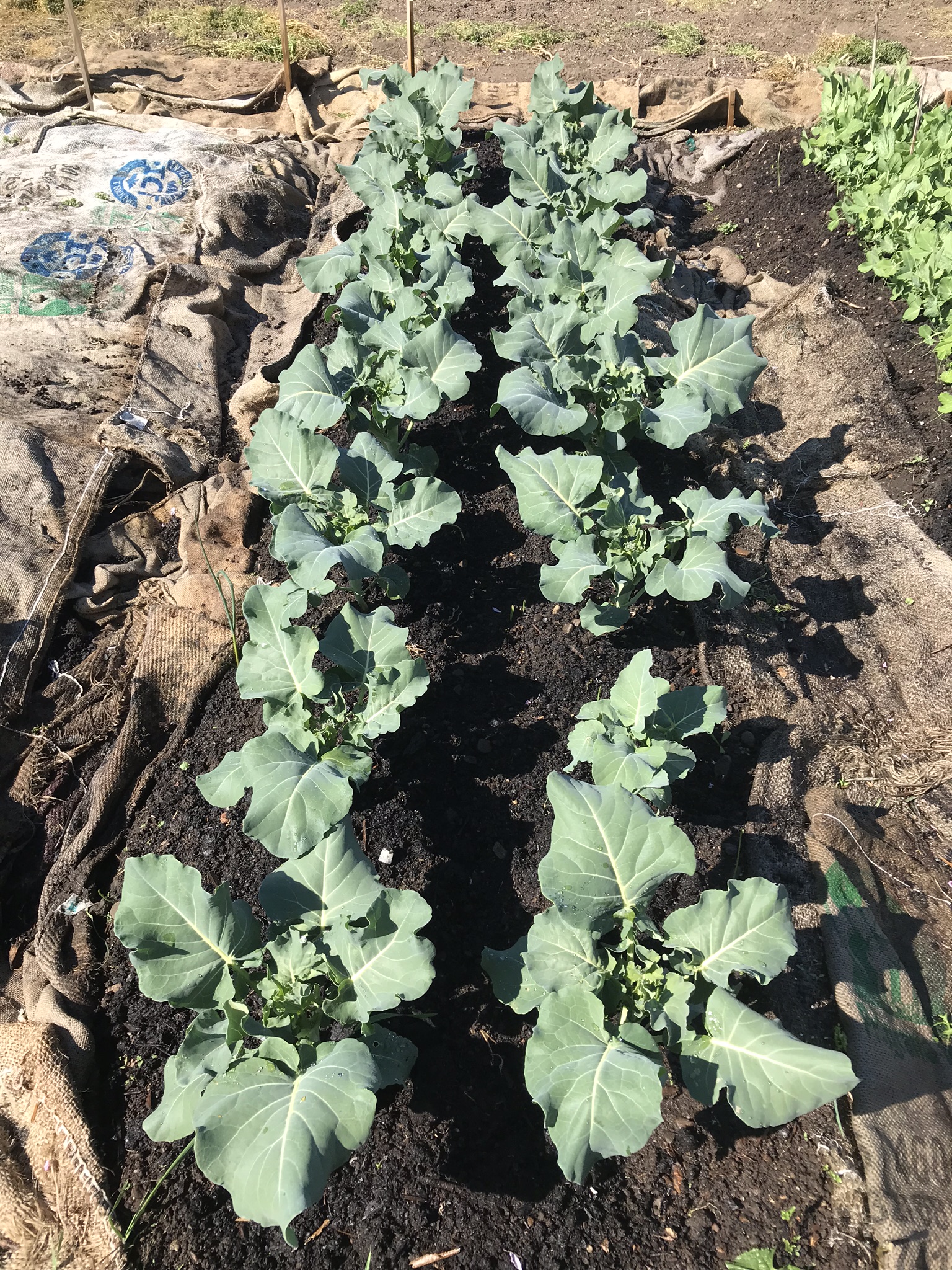
Building Garden Beds
Building Garden Beds in the Backyard The drive to create a sustainable urban homestead is often centered on the desire to build a beautiful place with garden beds. Consequently, the vegetable garden is often the first step towards self-reliance that individuals focus...
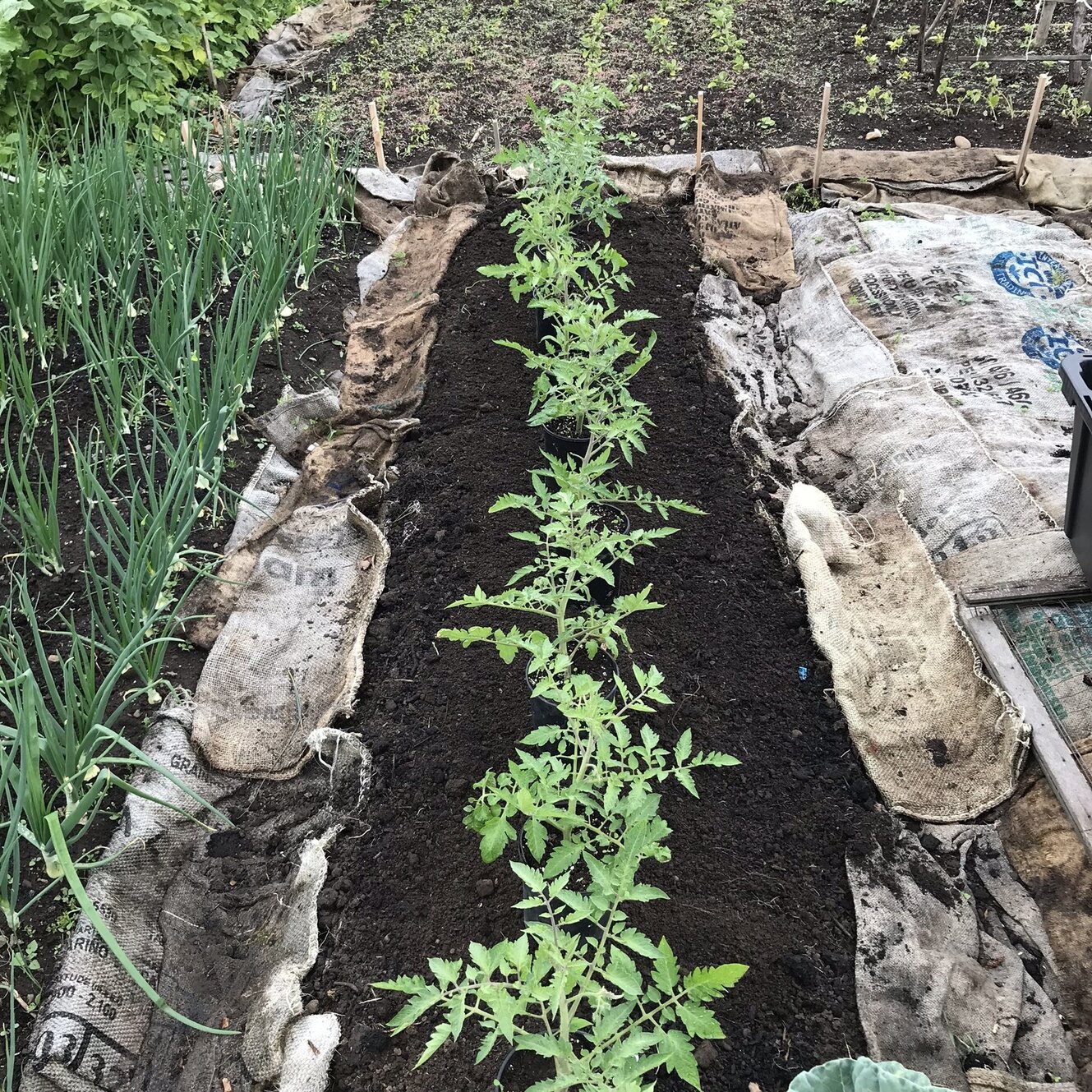
In-Ground Garden Beds
Building Garden Beds: In-Ground Garden Beds Building in-ground garden beds are as simple as it gets when setting up your urban homestead garden. Due to this fact, there is no reason to wait to gather the resources and time for wooden raised beds. This is especially...
Snacks for Ducks
Favorite Snacks for Ducks What are some great snacks for ducks? Every duck loves a tasty treat like a mealworm, grub or bowl of peas. However, it is important that they do not get too many snacks. For instance, a snack is a special treat a couple of times per week...
Community Garden Projects
Our Community Garden Plot
Duck Ducks
We love our ducks.
Home Garden Project
Our 1/4 acre property is home to fruit trees and bushes, raised garden beds, and diverse native plants intermingled throughout.
Enjoying the Harvest
Using what we grow to feed ourselves, friends, and family.
About
Hi I am John Johnson and an avid urban gardener in the greater Portland Oregon area. We raise ducks and chickens in our urban lot. We also have planted a large food forest including apple, pear, persimmon, quince, cherry, apricot, and pawpaw trees. Our favorite understory shrubs include blueberries, raspberries, marionberries, honeyberries, and jostaberries. We grow a substantial garden with both in ground garden beds and raised garden beds. These are stories from our adventures growing food and raising animals in an urban setting and the tools that we use to make it happen. This site is supported by affiliate ad revenue.
Urban Homesteading in Practice
What elements of urban homesteading are you interested in?
- Reducing Resource Use. By using alternative energy sources such as installing solar roof panels, riding a bicycle, using public transportation, harvesting rainwater, drying clothes on a line, and reusing greywater.
- Raising Animals. A backyard poultry flock of chickens, ducks, or even other animals such as rabbits or goats. Honeybees and worms in a vermicomposter are also popular urban homesteading animals to raise.
- Edible Landscaping. Growing vegetable gardens, backyard orchard fruit trees, medicinal plants, and herbs, and converting lawns from traditional grass to food forest gardens.
- Self-Sufficient Living. Connecting with your community to trade and share resources that can be repaired, recycled, or made from scratch materials.
- Food Preservation. Managing a harvest of vegetables or fruit is just as important as growing. Canning, drying, freezing, and fermenting are the most popular methods for preserving a harvest for consumption over many months.
- Composting / Building Soil. On-site composting of plant materials and basic kitchen scrap materials. Building soil spreading compost throughout food forest or practicing chop and drop methods or spreading wood chips to feed the microbiology of the soil. Developing a rich soil ecosystem over years of intentional actions to feed the life in the soil.
